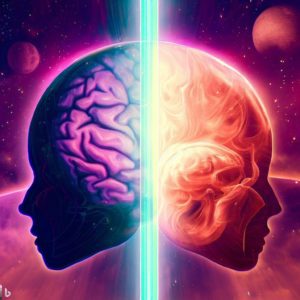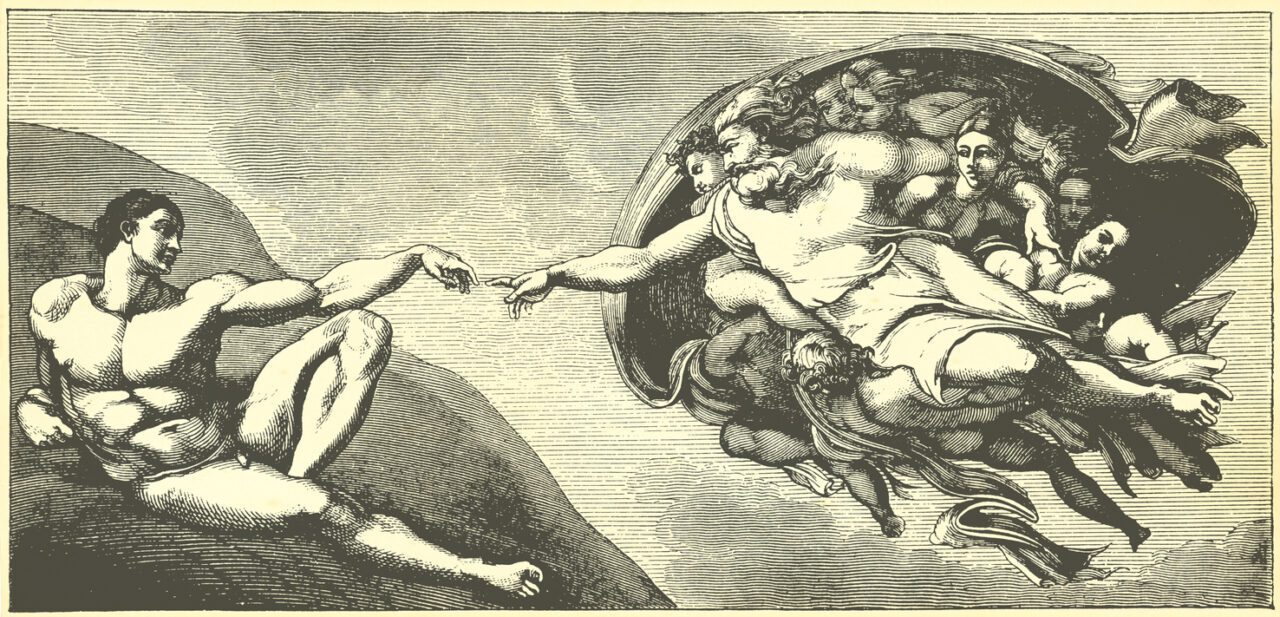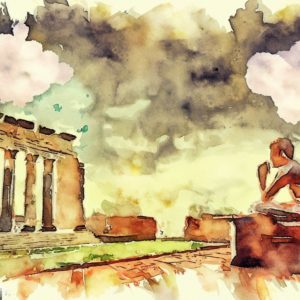Welcome back to the Logos of Experience and Truth Podcast, where I unlock the mysteries to help you on the narrow path to personal transformation.
Today’s topic involves the philosopher’s stone and Disney’s the Sorcerer’s Apprentice and their link to manifestation and law of attraction creative thought.
This is going to be the eighth episode having to do with creative thought, thought manifestation and the law of attraction. In my own mind I keep trying to get away from talking about this subject, but the more I try, the more I feel compelled to discuss the dangers associated with attempting thought manifestation, as there seems to be a lack of warnings about its potential risks. These teachings were historically esoteric and hidden precisely because they can be mentally destructive. They can destroy your mind. Seriously. There is a warning on Merkabah mysticism from an old sage in the Jewish tradition that warns of madness or death. Therefore, it is essential to shed light on these warnings, especially since none of the material out there seems to convey the potential risks involved, nor that they are derived from occult and esoteric teachings.
Let me clarify on the onset that I am not being critical of the cartoon. I love it and the music in it. Also, for further clarity, I am not saying that when they made the Sorcerer’s Apprentice in Fantasia, 83 years ago in 1940, that this is what they were aiming for. I am not saying that. I have no idea. I am a student of the mysteries that believes that he has had the mystical experience, the mystical vision, seen and experienced the Beatific Vision of God. I have given all my proof of having had the vision in season’s one and two of the podcast. I see the mysteries embedded within popular media, saw it in this cartoon as I have been contemplating the philosopher’s stone and manifestation by thought, and saw similitude.
Before delving into the film’s relevance, let us revisit the episode having to do with the ancient myths, the one on Phaeton and Helios, the sun God. In that episode I said that the way to interpret what Helios represents to Phaeton is as this element within the mind, the deeper spiritual mind that is connected to the universe and that can let us just say, grant wishes, if reached, as the journey in the myth suggests. The other way of interpreting this wish-making aspect to our inner sub and unconscious mind is through the legends surrounding the Philosopher’s stone. This was a legendary object that bestowed immense power on its wielder. It was the object of import in the very first Harry Potter book, though the title calls it the Sorcerer’s stone, and a bit of synchronicity occurring at my remembering that just now. The philosopher’s stone is most often associated with transforming lead into gold in alchemical texts and legends but was also called the Elixir of life and could either grant immortality, or cure illness and death, like the cordial Lucy receives in the Narina books.
The philosopher’s stone can metaphorically represent our mind, spirit, or higher level of thinking that we can tap into and manifest in the world, same as the ancient deities in the classical myths. However, it is crucial to understand the positive and negative aspects of utilizing it and the potential dangers involved.
Now, how does all of this relate to Disney’s The Sorcerer’s Apprentice? I aim to illustrate the dangers that arise when an untrained mind attempts to use the philosopher’s stone within themselves to manifest power, wealth, or any desired outcome. Just like in Marvel’s Scarlet Witch, if one leans too heavily towards extreme emotions or logic without proper balance and attempts thought manifestation, disastrous consequences can occur.
In the film, the magic hat represents the philosopher’s stone. The apprentice, lacking training, steals the hat and uses it for his amusement, gaining control over cosmic forces and experiencing the music of the spheres as spoken of mystically by Pythagoras, Cicero and even Kepler. However, he falls asleep, symbolizing the subconscious and unknown elements associated with sleep. This is another reason attempting to use such practices without proper training can be dangerous. Much like the contents of dreams in sleep, the outcome is entirely unknown when performing thought manifestation regardless of how much one tries to be in control of the thought process. While the apprentice Mickey enjoys his newfound power while asleep, or in his astral body, back on earth in the real world, a catastrophe unfolds. The broom guy keeps pouring water uncontrollably, and the apprentice’s attempts to destroy the external manifestation of the broom guys only lead to their multiplication and overpowering presence, which symbolizes that once the mind projects something to manifest or attract to itself into the universe, it will return in full in some way. The apprentice is helpless, flipping through the book desperately, as he lacks the knowledge of how to stop the ongoing catastrophe since he does not know how to alchemize his thoughts and emotions. He does not know how to change one thought or feeling into its opposite to neutralize an unwanted thought or feeling. That is why he is still an apprentice. He does not know how to achieve this.
The crucial detail comes when the sorcerer wakes up and stops the chaos. The magic hat is still on Mickey, not the sorcerer. The apprentice made the mistake of thinking that all the magic resides in the hat, the philosopher’s stone. However, the true mage does not need the hat, or the stone to halt the chaos. They possess the ability to alchemize their mind without external aids. The philosopher’s stone, or the method of utilizing it, acts as an amplifier or extension of oneself. It only comes to those who have already mastered the alchemy of the mind.
I hope this clarification helps you understand the underlying message of Disney’s The Sorcerer’s Apprentice regarding thought manifestation, the law of attraction, and creative thought gone awry. The true mage symbolizes the need for balance and mastery over one’s thoughts and emotions.
That concludes today’s episode. I may touch on this subject once more in the future, but we have sufficiently covered the dangers thus far.
And I will leave you with that.




